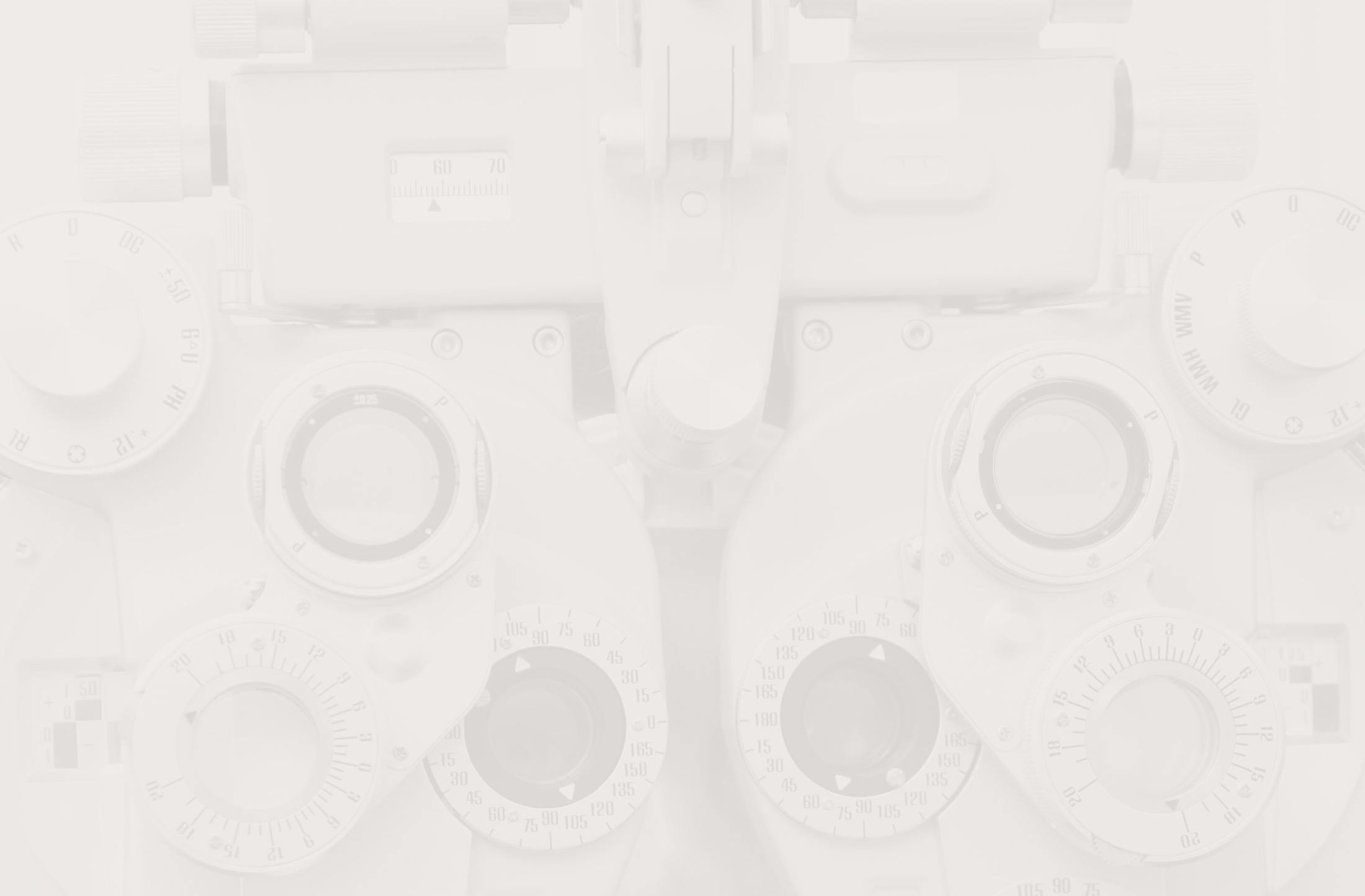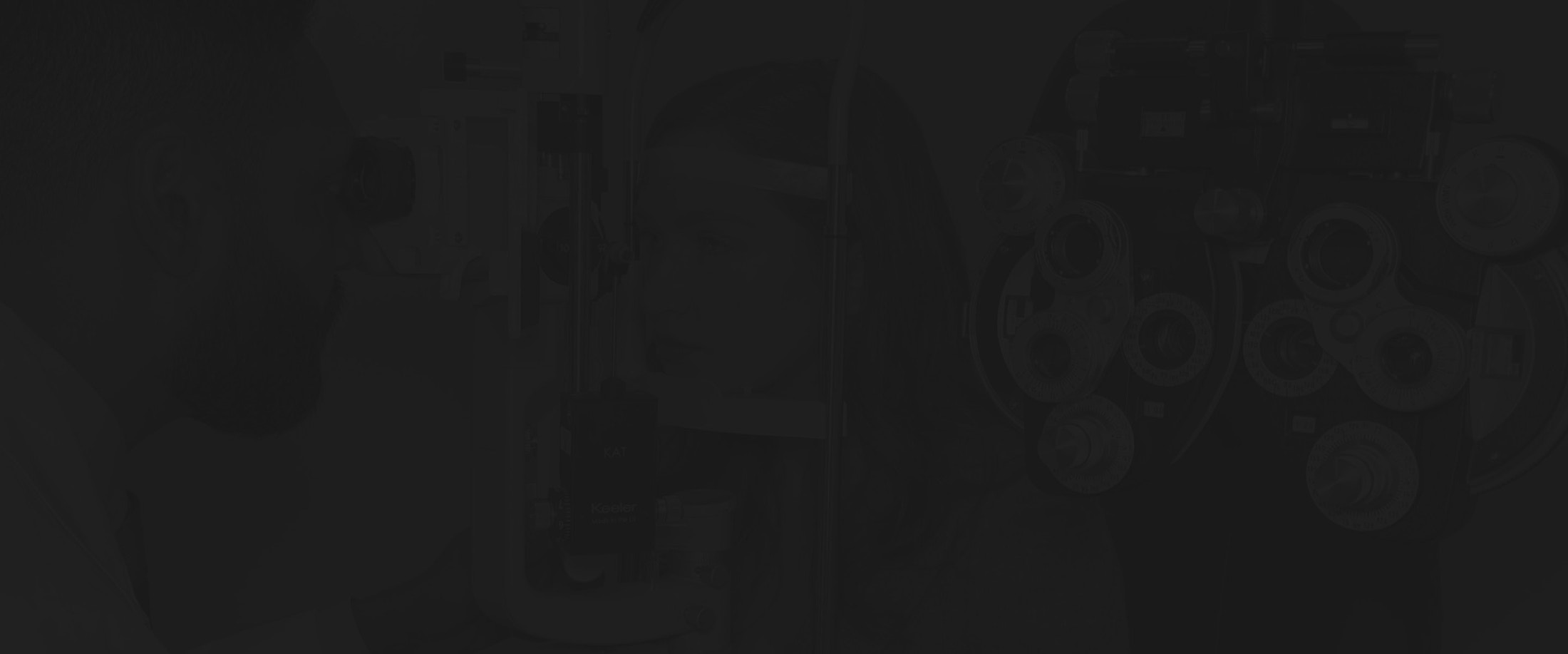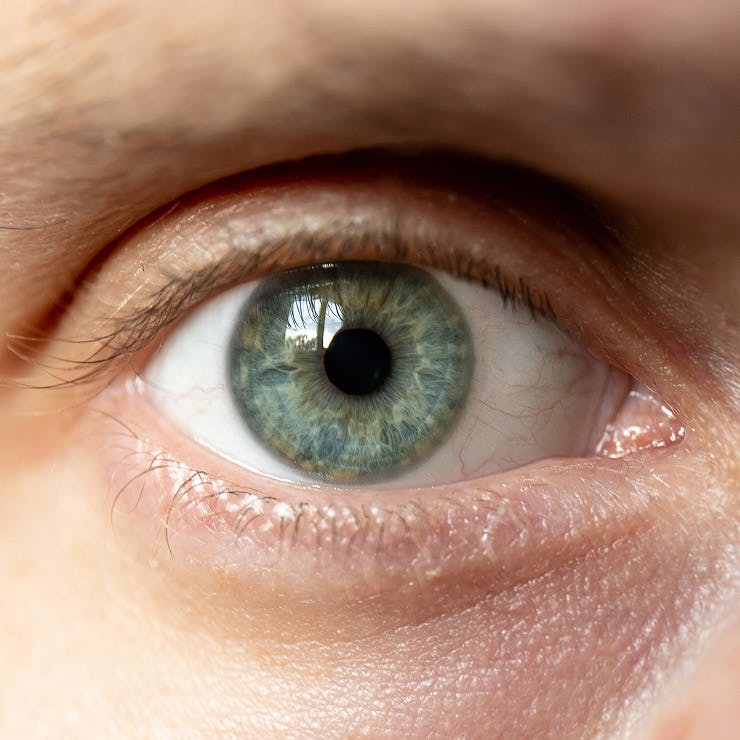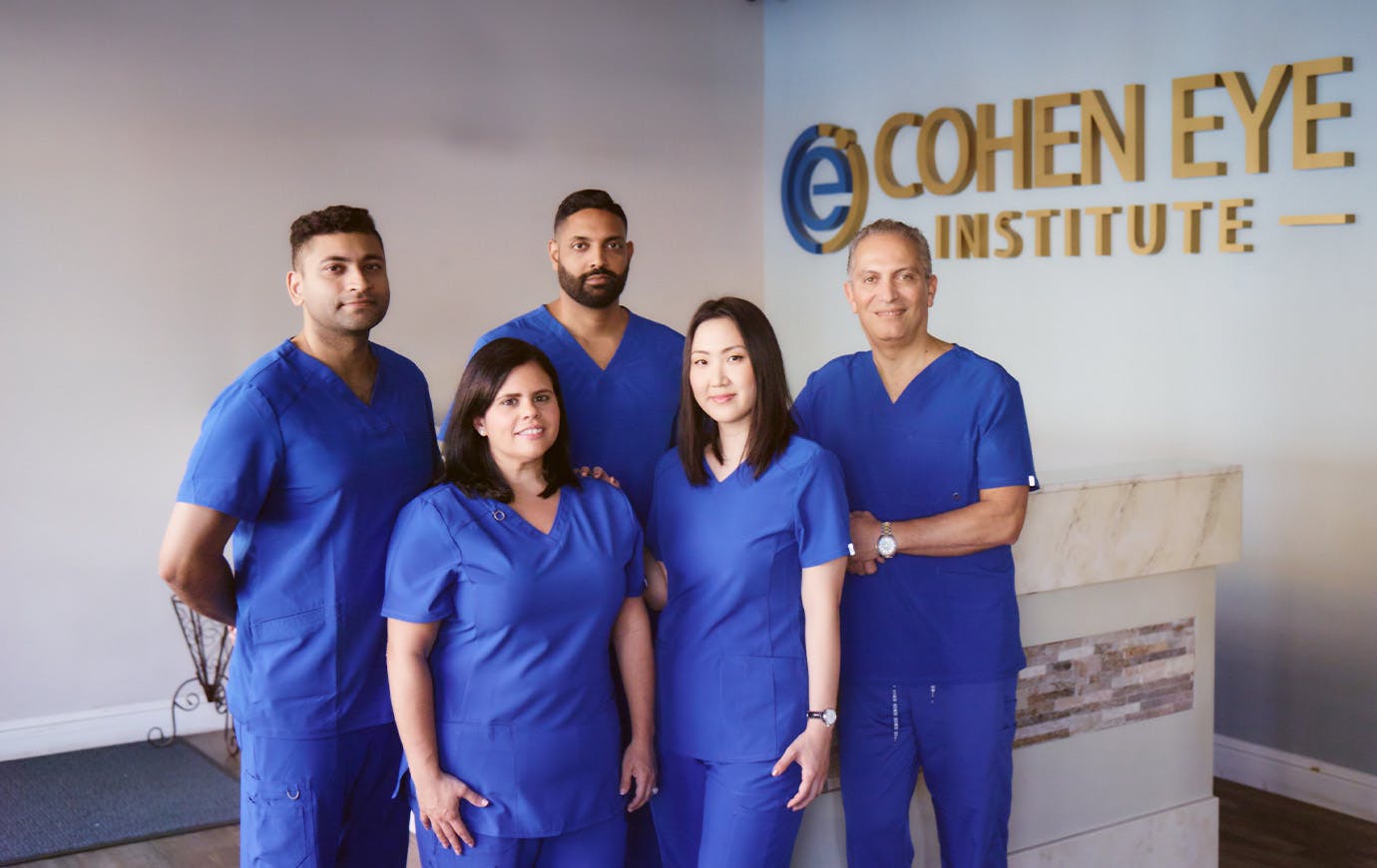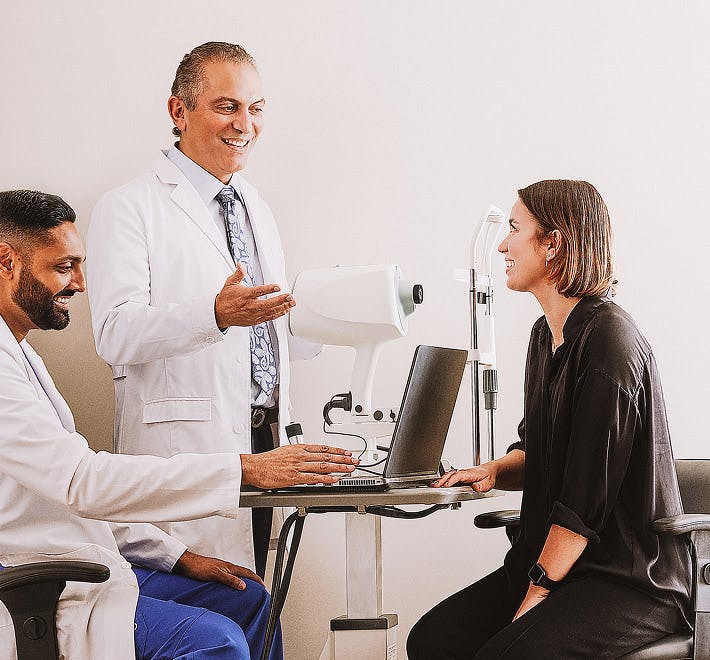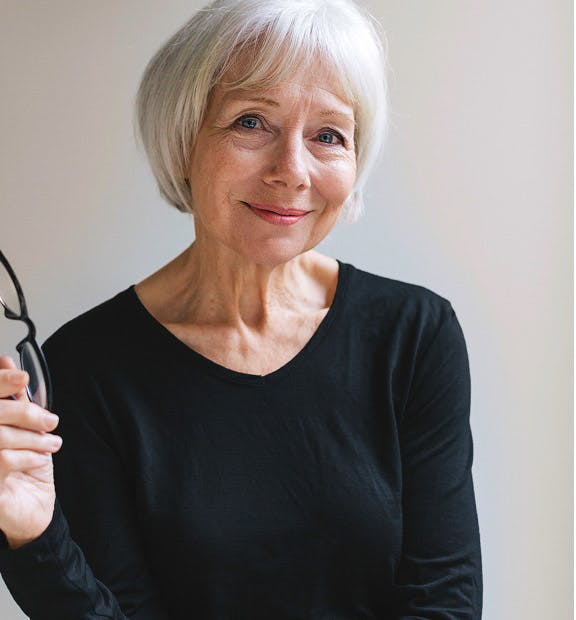Strengthen your cornea and protect your future vision with a cutting-edge clinical approach.
Benefits of Collagen Cross-Linking
Cross-linking offers a host of significant advantages for those battling corneal weakness:
- Reinforcement of fragile corneal tissue
- Reduced risk of disease progression
- Minimal invasiveness and manageable recovery
- Potential to delay or prevent more invasive surgeries
- Broad compatibility with additional keratoconus treatments



